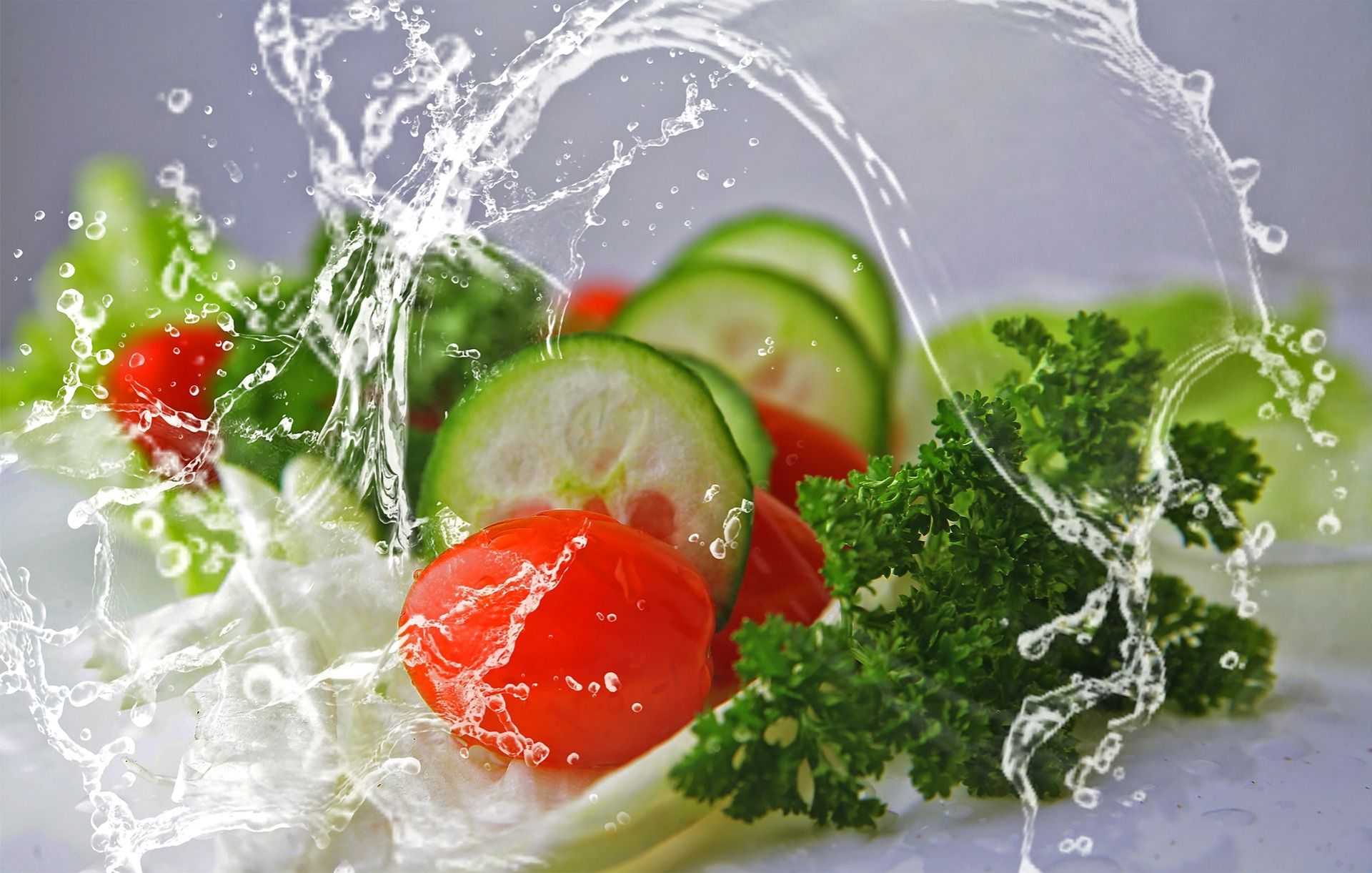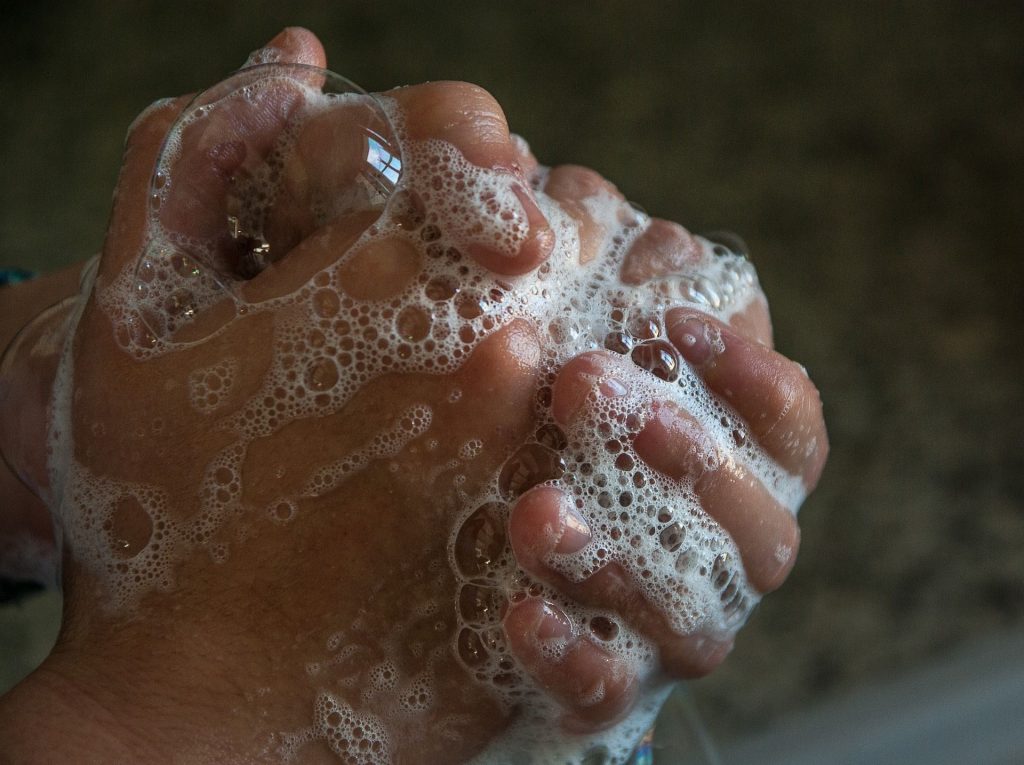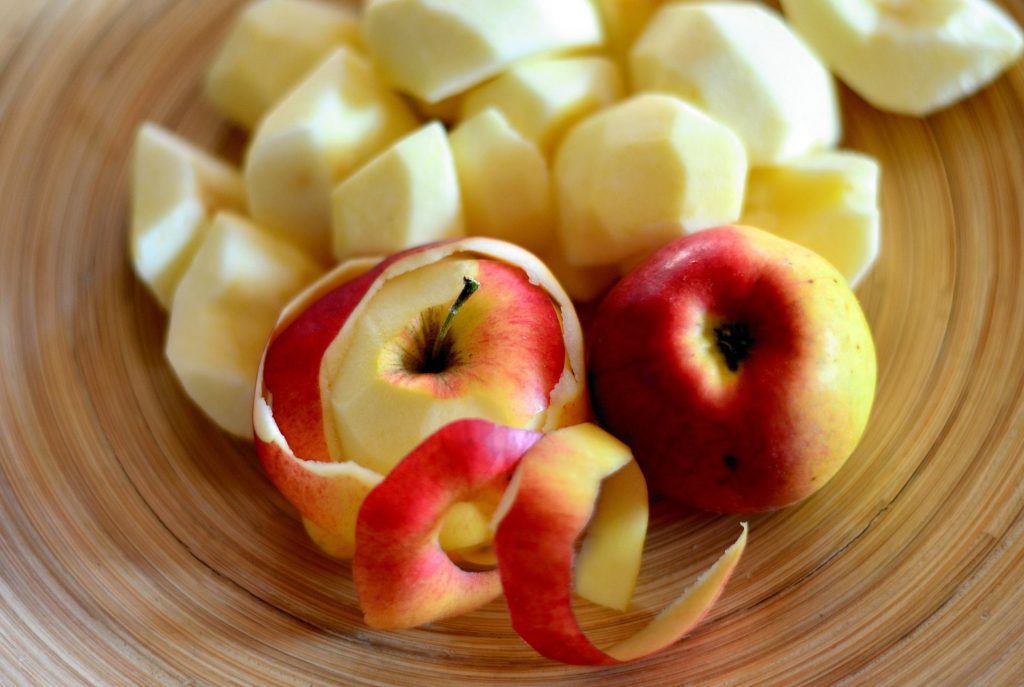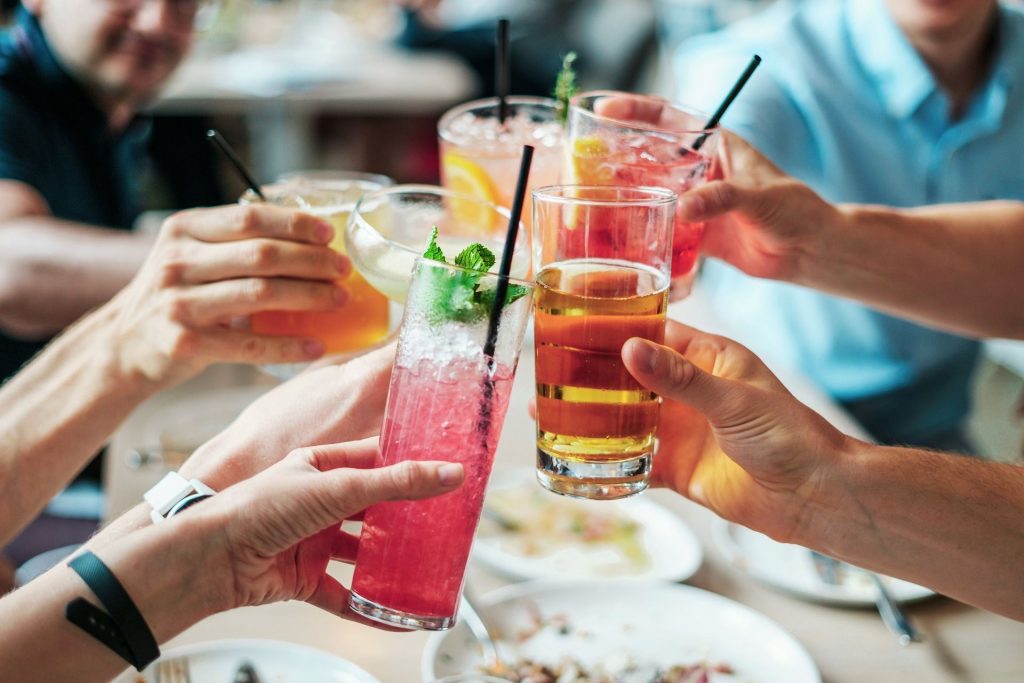
HOW TO AVOID FOOD POISONING
How to avoid FOOD POISONING
This can happen to anyone everywhere in the world. And, as we two are travelers, we have experienced food poisoning quite often in quite different places around the world. Therefore, we also have some conclusions that we would like to share. Follow these 7 rules and you won’t have to experience food poisoning!

1. Protect yourself and WASH YOUR HANDS
Not always you can control the quality of the food that you are served, but at least you can do one good thing to protect yourself and it is simply washing your hands before the meal. You will find a sink to wash your hands in most of the restaurants and corner shops. If you are the cook yourself, wash your hands before and after handling raw food and wash the table and chopping board where the food is being cut and prepared. And the ideal option would be to use hand sanitizer after washing your hands.
2. If you are the cook, COOK WISELY
Remember that raw products that will be prepared should be kept separately from those that will be consumed raw like vegetables. Raw meat has bacteria that will die after cooking it, but if the meat touches veggies which you will eat fresh, the bacteria will manage to get to your stomach. Also, cook food thoroughly, especially meat and eggs, if you are not 100% sure of their origins.

3. PEEL veggies and fruits
Always wash raw vegetables and fruits well before eating, especially those that will not be cooked. In countries where vegetables and fruits are sold on the dirty streets, wash them even before peeling! Also, you should avoid fruits and vegetables that aren’t usually peeled like grapes or tomatoes. If you eat outside, you never know if those are even washed, so the best is to avoid uncooked fruits and veggies.
4. When you eat outside, CHOOSE HOT OR DRY FOOD
As you probably know, heat kills germs, so the safest option is to eat hot food. Another option is to choose dry foods such as bread or factory-sealed foods.
5. DO NOT DRINK tap water and drinks with ice
This refers mostly to the third world’s countries, but be careful with the water and ice everywhere! In many countries, tap water is actually one of the most common reasons why people get sick. Even if you brush your teeth, use the water from the bottle! And avoid drinks containing ice, or just ask not to add the ice to your drink. Ice is just a frozen tap water and usually is carried or kept in dirty bags.

6. Try to be a VEGETARIAN for your own good
Yeah, meat is the one you can get the poisoning most likely from. And in several countries, especially in Asia, it’s best to avoid meat dishes. You never know if the meat is cooked properly or not. Moreover, you will see that the meat is being kept in the sun all day long for several days. Be aware that even if the dish may look good, this can ruin some great days. Spices added to the food kills the bad taste, but your stomach will let you know if something is wrong.
7. FOLLOW the others
It is wise to read references of a certain restaurant online or just follow the people. If the restaurant is crowded there should be a reason for it. The same if it is totally empty. In the beginning, while traveling we always tried to avoid the crowds and went to the least busy places, but then we took the challenge and went with the flow. And that always ended better than expected. Locals know the best tastes, they know the food quality and prices. And that all combined makes the perfect place to dine.

And, after all, what to do if you have food poisoning?
Firstly, let your stomach settle and avoid food and drinks for a while, though liquid intake is crucial for helping your body to get better, so stay hydrated! After you feel better, start with food gentle to your stomach like bananas, oatmeal, rice, potatoes, and broths. If you have food poisoning, avoid alcohol, caffeine, and fat, fried or spicy foods. Remember that it is important for the body to cleanse the digestive tract in a natural way, but while you feel the worst, some medication can help. In India, the best of all the meds was Loperamide.
Food poisoning can cause symptoms such as nausea, vomiting, diarrhea, or fever. It is caused by eating food that has not been properly stored, prepared, or cooked. The symptoms of food poisoning do not typically last more than 48 hours. If this time has passed and you are still struggling, the best is to contact your doctor. Also, other symptoms like dizziness, muscle weakness, and severe stomach cramping should be taken seriously and medical help is needed right away.
Be careful, take necessary precautions, and stay healthy!